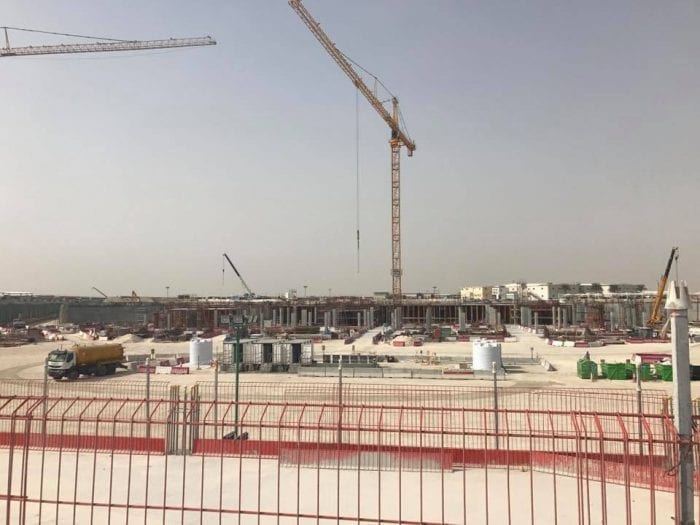
Kafala System – A Gateway to Slavery
Kafala, sponsorship, is an employment framework in the Gulf States – as well as Lebanon and Jordan – that requires sponsorship from a national for migrant workers to be employed and reside in the country. The sponsor, either an individual or a company, possesses substantial control over the worker. Without their employer’s permission, a worker cannot leave the job, change jobs, or exit the country, and the sponsor is able to threaten deportation if a worker questions the terms of the contract. This system has created systemic abuse as employers are able to exploit and abuse workers with little recourse, leading many to argue that the kafala system facilitates exploitative and slave labor.
The kafala system is increasingly under scrutiny due horror stories of sexual abuse, forced labor, and slave-like conditions. Employers have been known to withhold payments, restrict movement, confiscate passports and other personal documents, and engage in physical, psychological, and sexual violence. Exploitation and abuse are most common in the construction and domestic services sectors. Workers often incur debt to pay recruitment fees and then enter situations of debt bondage upon arrival in the region. In Qatar, the kafala system is partially responsible for the use of slave-like labor in the construction of World Cup stadiums and other large projects. Workers labor in the extreme heat, with long hours and few breaks. In 2012, 520 workers died, many without any explanation – experts say there is little reason to believe this has changed. Heightened attention has led Qatar to promise changes – in 2016, 2017, and again in 2018 – to the kafala system, however, these promises have not led to real reform. In the United Arab Emirates (UAE), New York University came under fire for engaging in exploitative labor practices in the building of its Abu Dhabi campus, which included migrant workers “receiving significantly lower wages than they were promised, being housed in accommodation that was overcrowded and poorly maintained, having their passports confiscated, and being denied reimbursement for recruitment fees that left them in debt.” Further, when employers went on strike in protest, many were detained and/or deported.
In Kuwait, the murder of a Filipina domestic worker by her employers has created a diplomatic row between Kuwait and the Philippines. While this is an extreme circumstance, hitting and other forms of abuse are common in the domestic sector. Domestic workers, almost exclusively female, are at greater risk for abuse and exploitation as they are located within private homes and excluded from labor regulation. When domestic workers report abuse – either sexual or physical – they are often accused of lying or absconding, which removes their legal status in the country. The UAE adopted legislation last year that was meant to guarantee paid leave and a weekly rest day for domestic workers. It is unclear if these reforms have been implemented and though welcome, they do not fundamentally alter the exploitative nature of the kafala system.
With more migrant workers than nationals in the labor force, the kafala system is the central employer-employee relationship in the Gulf States. While international criticism has led to small changes, substantial reform has not yet freed migrant workers from the exploitation and abuse granted by the kafala system.
Photo of al Wakhrah Stadium construction in Qatar by Liza Kane-Hartnett
